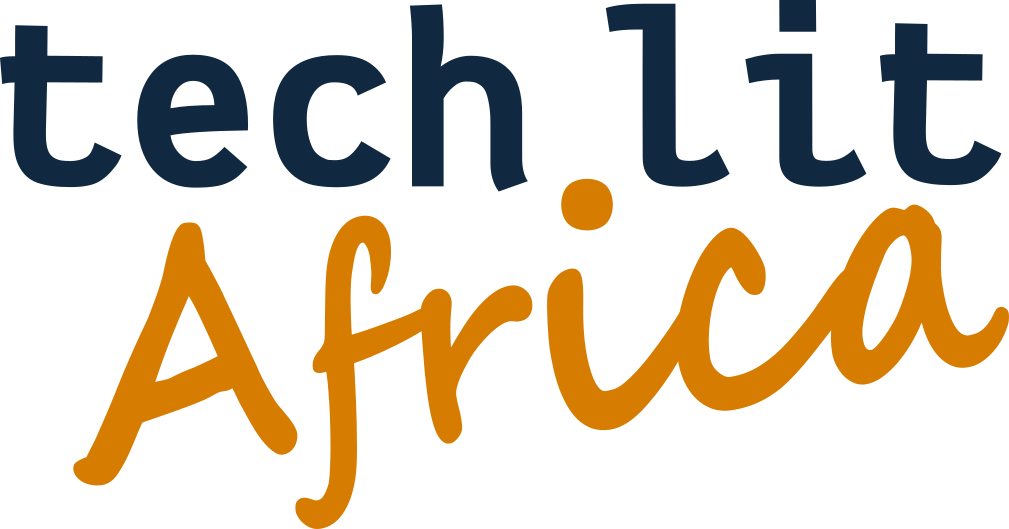Program Fee Schedule
We Charge For Computer Classes
The cost of teaching digital skills in schools varies by region. Our program costs roughly 60,000 KES/school per month in Mogotio. For a school of 600 students, that's about 100 KES/student per month, or 300 KES/student per term.
TechLit is a nonprofit organization whose mission is to teach digital skills to disrupt poverty in rural Africa. We use donations to collect, ship and import donated computers, as well as to develop curriculum and administer digital skills education.
We don't donate computers, or anything else. We only teach effective computer classes, that's why we're good at it. Schools pay their own costs.
Example Fee Breakdown
Here's the average cost of our program in Mogotio from late May, 2022. We do everything we can to lower costs while keeping classes effective.

| Staff Earnings | |
|---|---|
| Core Educator | 12,890 KES |
| Specialist Educators | 5,195 KES |
| Technical Support | 2,597 KES |
| Administration | 1,558 KES |
| Staff Earnings Total | 22,750 KES |
| Support Costs | |
| Staff Benefits | 904 KES |
| Transportation | 11,742 KES |
| Hub Electricity | 1,300 KES |
| Data & Airtime | 1,392 KES |
| Supplies & Repair | 2,010 KES |
| Other Costs | 1,220 KES |
| Support Costs Total | 18,568 KES |
| Monthly Cost | 41,318 KES |
- Full-time core educators are required to guide students through their learning.
- Rotating specialist educators are required to build self-efficacy in students and develop specific subject-matter.
- Tech support and many hub costs are required to ensure all equipment is working and connected for classes.
- Our administrative costs are so cheap because many on our team believe so deeply in our mission.
- Finally, you'll notice there's no line about computer cost. That's because we own the computers and ensure they're working. The computers are not what's valuable. The education computers provide is what matters.
Services Included With Computer Classes
TechLit computer classes include many non-negotiable services that ensure our computer classes are effective. These services cost a reasonable amount of money, and cannot be made much cheaper than they are without significantly sacrificing the quality of our program.
Our included services are:
- A full-time school lead educator that has been vetted, trained and meets regularly with us.
- Rotating specialist educators that share one specific skill with the students.
- A tech support team that ensures all computers are working and with a local network.
- A local network and enough computers for each student to attend class twice per week.
What Schools Pay For
We do not pay for schools to host computer classes, and we don't donate computers, because we take on the duty of effective use. We are responsible for teaching quality classes, repairing and replacing computers.
For us to achieve our goals, we ask schools to pay for:
- One school lead educator who runs the day-to-day computer classes.
- Rotating specialist educators who bring inspiration and a specific skill to each school.
- Our tech support team that repairs and replaces computers as needed.
- The cost of transportation and food for the staff in your school.
- The small cost of administrative overhead, which you can verify through our clear record-keeping.
What TechLit Donors Pay For
Our mission is to disrupt poverty in rural Africa, and we believe that redistributing used computers will do that. That's why we focus on getting as many computers into rural Africa as possible.
However, we have seen that tech literacy is lacking, so we are working with schools to teach as many students as possible digital skills. When the students grow up, they will have the skills necessary to uplift their communities.
This is what we provide for free as a nonprofit organization:
- Redistributed Used Computers: We collect, ship and import used computers from around the world into rural Africa. We see this cost as the duty of those who donate the computers, so we cannot charge anyone in rural Africa for this service.
- Graduated Payments Support: We know that not all schools can afford the educators and tech support required to have a computer classroom. That's why we have donors support a small portion of schools who truly cannot afford the regular cost of teaching classes.
Watch Our CNN Heroes Feature
This video by CNN explains the story behind TechLit through the eyes of our founder Nelly Cheboi.
Questions About TechLit Africa
Why does TechLit charge schools?
We charge schools for the full cost of the program, because we want tech literacy to be a part of school for the long-term. Read more about why we charge schools here.